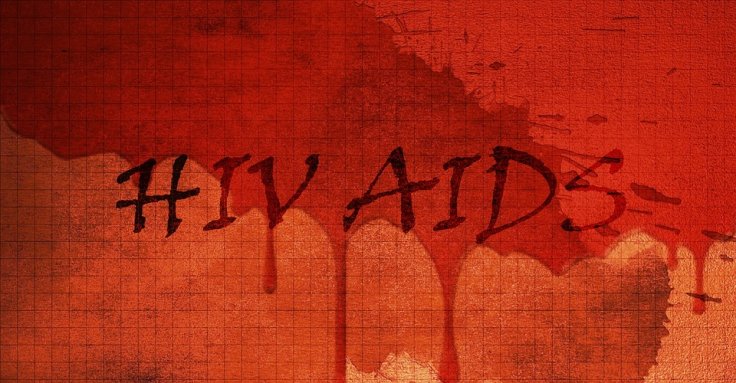
Researchers from King's College, London have conducted a new study which showed how skin vaccination can create protective CD8 T-cells that could be used as a vaccination strategy in case of sexually transmitted infections (STIs), such as HIV or Herpes simplex.
As per the researchers, while developing vaccines for STIs they faced several challenges and one of them was understanding how to attract specialised immune cells, which is called CD8 T-cells, to take up the residence in the body where the virus first attacks.
The experts said that instead of waiting for immune cells in the blood, these immune cells are needed to be in place and armed as well as ready to provide an immediate protective immune defence.
Prior to this study, the experts believed that vaccines ideally needed to be delivered directly to the body surface, such as female genital tissue, where the virus first attacks, so that the body's immune system can generate CD8 T-cells, travel back to the vaccination site and eliminate any future virus that is encountered. But this process is neither patient-friendly nor efficient.
The team of researchers from the King's College, London has discovered that their vaccination strategy gathers a group of immune cells, which is called innate lymphoid cells (ILC1) and monocytes, in the genital tissues to work together and release chemicals to communicate with CD8 T-cells generated by the vaccine to get into the genital tissue.
Professor Linda Klavinskis from King's College, London who also led this research stated that the study has clearly showcased "how specialised groups of 'innate' immune cells in distant tissues can be harnessed to attract protective CD8 T-cells, arming the body's frontline tissues from infection."
In addition, he said that the next step is to confirm "these results with other types of vaccines from the one used in the study to see if a common pathway is triggered by skin vaccination."
"If proven, this could have a significant impact in improving the effectiveness of vaccines against sexually transmitted infections," he added.









